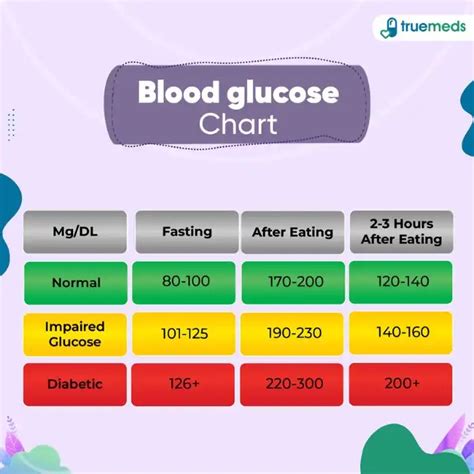Intro
Learn how to manage 130 blood sugar levels with 5 effective ways, including diet, exercise, and monitoring, to control hyperglycemia, prevent diabetes complications, and maintain a healthy glucose level.
Maintaining healthy blood sugar levels is crucial for overall well-being, especially for individuals with diabetes or those at risk of developing the condition. A blood sugar level of 130 mg/dL is considered high, and if left unmanaged, it can lead to serious health complications. Managing blood sugar levels requires a combination of lifestyle changes, dietary adjustments, and in some cases, medication. In this article, we will delve into the importance of managing blood sugar levels and explore five effective ways to achieve a healthy blood sugar level.
Blood sugar management is essential for preventing long-term damage to organs and tissues. High blood sugar levels can lead to complications such as heart disease, kidney damage, nerve damage, and vision problems. Furthermore, managing blood sugar levels can also help prevent cognitive decline and reduce the risk of infections. By adopting healthy habits and making informed lifestyle choices, individuals can effectively manage their blood sugar levels and reduce the risk of associated health complications.
The American Diabetes Association recommends that individuals with diabetes aim for a blood sugar level of less than 130 mg/dL before meals and less than 180 mg/dL after meals. Achieving these targets requires a comprehensive approach that includes dietary changes, regular physical activity, stress management, and in some cases, medication. By understanding the factors that influence blood sugar levels and making informed choices, individuals can take control of their health and reduce the risk of diabetes-related complications.
Understanding Blood Sugar Levels

Factors That Influence Blood Sugar Levels
Several factors can influence blood sugar levels, including: * Diet: Consuming high-carbohydrate foods can cause blood sugar levels to rise. * Physical activity: Regular exercise can help lower blood sugar levels by increasing insulin sensitivity. * Stress: Stress can cause blood sugar levels to rise by stimulating the release of stress hormones. * Medication: Certain medications, such as steroids and certain psychiatric medications, can raise blood sugar levels. * Sleep: Poor sleep quality and duration can disrupt blood sugar regulation.5 Effective Ways to Manage Blood Sugar Levels

Benefits of Managing Blood Sugar Levels
Managing blood sugar levels can have numerous benefits, including: * Reduced risk of diabetes-related complications * Improved energy levels and overall well-being * Enhanced cognitive function and reduced risk of cognitive decline * Improved heart health and reduced risk of heart disease * Reduced risk of infections and improved immune functionPractical Tips for Managing Blood Sugar Levels

Common Mistakes to Avoid
When managing blood sugar levels, there are several common mistakes to avoid, including: * Skipping meals or eating irregularly * Consuming high-carbohydrate or high-sugar foods * Not staying hydrated * Not exercising regularly * Not monitoring blood sugar levels regularlyConclusion and Next Steps

We encourage you to share your experiences and tips for managing blood sugar levels in the comments below. If you have any questions or concerns, please don't hesitate to reach out. By working together, we can promote healthy blood sugar management and reduce the risk of diabetes-related complications.
What are the symptoms of high blood sugar levels?
+Common symptoms of high blood sugar levels include increased thirst and urination, blurred vision, fatigue, and slow healing of cuts and wounds.
How often should I monitor my blood sugar levels?
+The frequency of monitoring blood sugar levels depends on individual factors, such as the type of diabetes and treatment plan. Generally, it is recommended to monitor blood sugar levels at least once a day, and more frequently if experiencing symptoms or adjusting medication.
Can I manage blood sugar levels through diet alone?
+While diet plays a crucial role in managing blood sugar levels, it may not be possible to manage blood sugar levels through diet alone. Depending on individual factors, such as the type of diabetes and severity of symptoms, medication or other treatments may be necessary.
